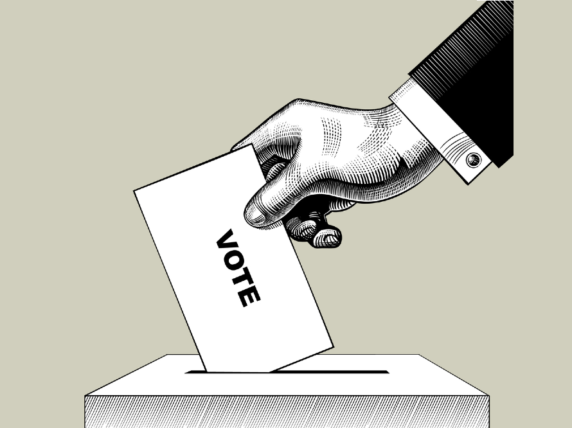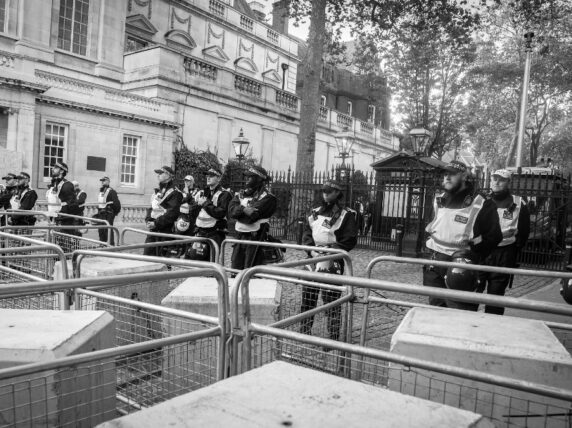One year later: the ongoing struggle of LGBTQ+ community under the Anti-Homosexuality Act in Uganda
On the one-year anniversary of the implementation of the Anti-Homosexuality Act in Uganda, it is imperative to reflect on the profound impact this legislation has had on the LGBTQ+ community in the country.
The enactment of this discriminatory law has not only stripped LGBTQ+ individuals of their inherent rights but has also perpetuated a climate of fear, persecution, and violence that has reached alarming levels.
Just a few days back, I was on phone with a young transgender woman aged just 20 years, who narrated me her story, including having been raped by two men while in the police cell where she had been arrested and detained on charges of attempted homosexuality. She is currently living with fear and trauma. Her life is completely distorted.
The pain and suffering endured by LGBTQ+ people in Uganda under the Anti-Homosexuality Act cannot be overstated. Forced evictions have left many individuals homeless, while others have been subjected to blackmail, extortion, and unwarranted arrests simply for being who they are. The dehumanising practice of forced anal examinations and other forms of torture in police custody has become distressingly common, highlighting the harsh realities faced by LGBTQ+ individuals in the country.
Violent attacks on Human Rights Defenders (HRDs) and activists advocating for LGBTQ+ rights have further exacerbated the challenges faced by the community. The very people working tirelessly to defend the rights of LGBTQ+ individuals have themselves become targets of violence and intimidation, underscoring the dangerous environment in which they operate.
The law itself prohibits organisations from offering any humanitarian support to the LGBTQ+ community, as they risk being labelled as promotors of homosexuality, which has dire consequences as prescribed in the Act. Due to this, so many queer based organisations have had no choice but to close and end their operations. For some international organistions, they have been intimidated to the wall with the Act, ending up looking on powerlessly as the violence on the LGBTQ+ community unfolds.
Organisations, like Let’s Walk Uganda, which have endured the circumstances and the risks that come with it, have been inundated with a growing number of court cases involving LGBTQ+ individuals charged under the provisions of the Anti-Homosexuality Act. These legal battles not only drain resources but also underscore the fact that the law is in play and being fully enforced. Our legal teams have also highlighted the systematic discrimination and persecution even in the justice system as it becomes hard to even secure a court bail for LGBTQ victims.
Beyond the courtroom, the impact of the Anti-Homosexuality Act has reverberated through the socioeconomic fabric of the LGBTQ+ community. Many individuals have been denied job opportunities or faced job loss due to their sexual orientation or gender identity, leading to heightened food insecurity and economic hardship. The denial of basic rights and opportunities based on one’s identity has been normalised in Uganda. For a big number of cases of food insecurity we have responded. Most of them are people living with HIV/AIDS, which means having to take their medication on empty stomachs. For some, even going out of their homes to find something to do is not possible. Transgender people, in particular, are highly targeted and abused.
The recent ruling on April 3, 2024, by the Constitutional Court, failing to annul the Anti-Homosexuality Act, has shattered the hopes of the LGBTQ+ community and equality advocates. Regrettably, the court based its decision on misinformation and rumors, perpetuating discrimination against LGBTQ individuals. The ruling, driven by the judges’ emotions rather than legal principles, sets a dangerous precedent.
By entrenching discriminatory practices, the court has left the LGBTQ+ community exposed to ongoing persecution and marginalisation. This decision undermines justice and equality, casting a dark shadow over the rights and safety of LGBTQ+ individuals in the country. It is a abhorrent reminder of the challenges faced by marginalised communities in seeking recognition, respect, and protection under the law.
Young queer youths have borne a disproportionate brunt of the Anti-Homosexuality Act’s impact, with a surge in school dropouts resulting from pervasive homophobia in educational institutions and families. The consequences of these dropouts have proven to be dire, with many youths being chased from their homes and families, facing homelessness, engaging in high-risk behaviours such as early sex work and sexual exploitation, and experiencing a range of mental health challenges, including high rates of suicidal cases and substance abuse.
A number of organisations have deliberately not tackled the topic of young queer youths just because of the stereotype and misinformation that come with offering services to these young people, which can be labelled as recruitment by the law. This has left these young people in even a more precarious situation. In the period of One year, we have witnessed an increase in the level of forced migration of LGBTQ people who are leaving the country in search of safety.
Amidst ongoing struggles for justice through a new application to the Supreme Court of Uganda requesting for the annulment of the Anti-Homosexuality Act, the LGBTQ+ community will have to endure another year or more of violation and persecution borne from the Anti-Homosexuality Act. It’s unimaginable what this could be like, but it’s the hard reality.
It is crucial to emphasise the urgent need for increased international pressure on the Ugandan government. Failure to address the discriminatory law in Uganda could set a dangerous precedent, potentially inspiring other nations to enact similarly dehumanising legislation, just like we have seen in Kenya, Ghana and DRC Congo, to mention a few.
Considering these risks, it is imperative for the international community to maintain its support for LGBTQ+ individuals in Uganda. Additionally, a call to action is needed for Western countries to offer refuge and support to LGBTQ+ people seeking safety beyond Uganda’s borders.
If I was asked of what my hopes are for Uganda and the LGBTQ+ in Uganda, my answer would be, I hope and wish for a Uganda that will protect, support and accommodate every person within it’s borders without any fear of persecution on any grounds, be it religious, sexual or racial.
A Uganda where young people would not have to drop out of school because of their sexuality. Uganda with a justice system that works for everyone. Uganda where every person will be free to live and be who they are without any fear of persecution. A Uganda that, as it stands, many queer people can only imagine.
Category
News & Views



